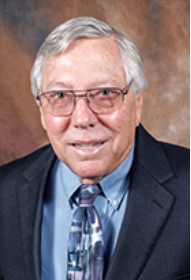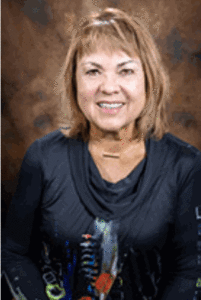Dispute centers on whether Chair honored Representative Payne’s good faith agenda requests, as apparently required under Board Policy. Critics claim Chair prefers to discuss broad policy rather than specifically focus on the items brought to her attention by Payne

Third District Representative Toby Payne
Yavapai Community College District Governing Board Chairwoman Deb McCasland is facing renewed criticism for actions that may limit the authority of elected board members and consolidate power among unelected administrators. The criticism arises from her handling of a written request submitted to her on January 19, 2025, by Third District Representative Toby Payne.
In his request, Representative Payne expressed deep concern over the growing tensions within the governing board and between the board and Yavapai Community College administration. He identified several critical areas requiring attention, conversation, and deliberation among board members and outlined three specific items he wished to see added to a future Governing Board agenda.
Despite Payne’s formal request—submitted in accordance with Board Policy 308, which states that agenda items proposed by board members “will” be placed on the agenda—he asserts that Chairwoman McCasland has failed to advance the requested items. Her repeated refusal, says Representative Payne, violates existing Governing Board policy. .

Governing Board Chair Deb McCasland
During the April 2024 Governing Board meeting, Chair McCasland stated that the board would discuss Policy 308 at a future meeting, implying that the discussion was in response to Payne’s January requests. However, during the discussion of McCasland’s suggestion and subsequent motion, Payne clarified that revisiting Policy 308 was not his intention when he initially contacted her and that it did not accurately reflect his request, which focused on specific areas of concern.
Members of the minority on the Governing Board have voiced concerns that the motion by Chair McCasland is essentially a diversionary tactic designed to revise or reinterpret Policy 308 in a way that restricts a board members’ ability to introduce agenda items for discussion. Representative William Kiel questioned whether the proposed discussion of Policy 308 was an attempt to weaken board members’ autonomy in setting the agenda. Both Kiel and Payne opposed the motion to agendize Policy 308, but it ultimately passed with a 3–2 vote.
In response to Payne’s assertion that specific agenda items and board policy had not been properly followed, Chair McCasland sent the following statement to the Sedona Red Rock News:
“If you review the video of the April 22 YCDGB meeting, you will see that the board has voted to place some of the items requested by Member Payne on a future agenda. Some of the items he requested were operational in nature and were forwarded to the president for her review and response. We have followed Policy 308. I believe that Yavapai College is ‘on track.’”
Representative Payne, however, strongly disagrees with Chairwoman McCasland’s assessment.

 At the start of the January 28 all-day workshop, Yavapai Community College District Governing Board Chair Deb McCasland announced she was holding an “order” restricting Board members to just two minutes of questioning per presenter. She justified the limit by stating it was necessary “so everyone could participate.” The Board consists of five representatives.
At the start of the January 28 all-day workshop, Yavapai Community College District Governing Board Chair Deb McCasland announced she was holding an “order” restricting Board members to just two minutes of questioning per presenter. She justified the limit by stating it was necessary “so everyone could participate.” The Board consists of five representatives.